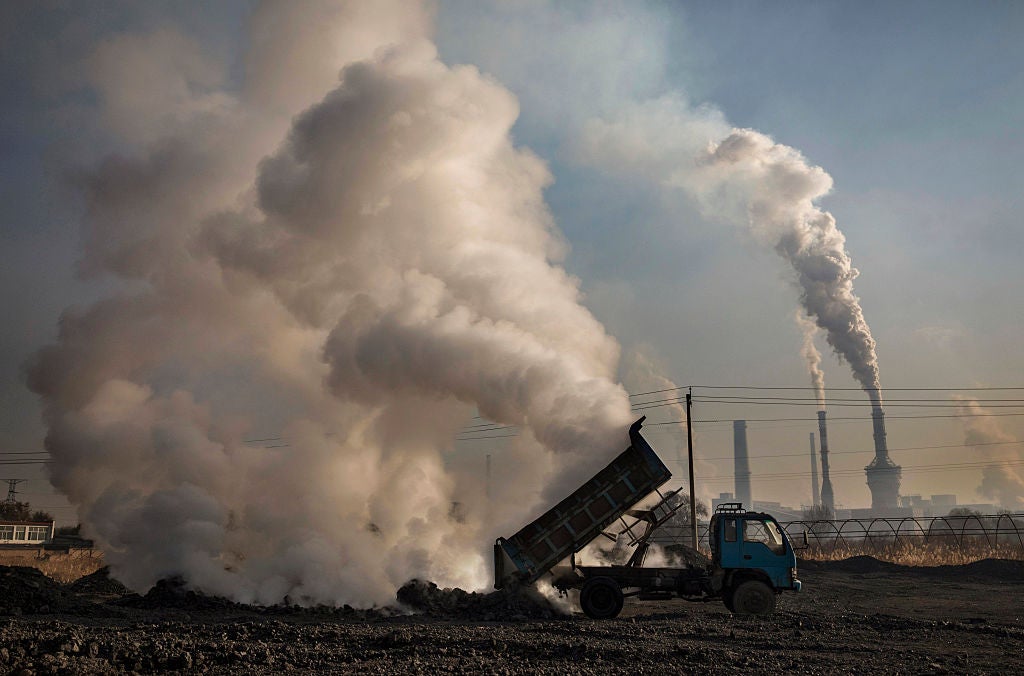Just ten single entities including oil majors Shell and ExxonMobil are responsible for 40% of historic fossil fuel CO₂ emissions, a new analysis reveals.
These entities, which include state-run Saudi Aramco and British oil major bp, are responsible for producing approximately 700 gigatonnes of CO₂ (GtCO₂) since the start of the Industrial Revolution, according to an update to the Carbon Majors database published on Thursday, hosted by non-profit InfluenceMap. This figure excludes fugitive emissions from methane.
Total historic CO₂ emissions amount to roughly 1,700GtCO₂, according to data from the Global Carbon Project.
The database includes 1,421GtCO₂ equivalent of cumulative historical emissions from 1854 through 2022, looking at 122 industrial producers. The emissions attributable to these producers make up almost three quarters (72%) of global fossil fuel and cement emissions since 1751.
More than 70% of these cumulative global CO₂ emissions can be attributed to just 78 corporate and state producing entities, InfluenceMap finds, while just 57 oil, gas, coal and cement producers can be directly linked to 80% of global fossil CO₂ released since the 2016 Paris climate agreement was signed.
InfluenceMap categorises entities into three types: investor-owned companies, state-owned companies and nation-states.
Historically, emissions attributable to the three groups have been almost evenly split, with 31% of emissions coming from investor-owned companies like Chevron, ExxonMobil and BP (the three largest contributors respectively); 33% linked to state-owned companies (led by Saudi Aramco, Gazprom and the National Iranian Oil Company); and nation-states accounting for the remaining 36% of emissions.
The top two national entities in terms of emissions are China – specifically its coal production – and the former Soviet Union.









